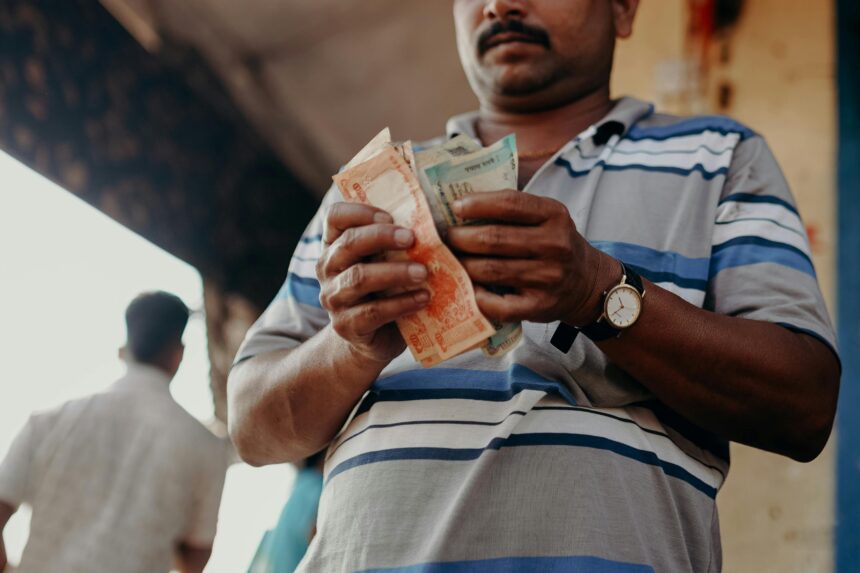Integrating Sustainability with Economic Growth
The state of Tripura, India’s second-largest rubber producer, has unveiled a rubber agroforestry initiative aimed at enhancing farmer incomes and promoting sustainable agricultural practices. By combining traditional crop farming with rubber cultivation, the program seeks to create resilient livelihoods while preserving the environment.
A Multi-Faceted Approach
The initiative, spearheaded by the Tripura Forest Development and Plantation Corporation (TFDPC) in collaboration with the Rubber Board of India, focuses on integrating rubber trees with crops like pineapple, banana, and vegetables. This innovative approach is designed to maximize land productivity and provide farmers with diversified income sources.
- Economic Potential: Rubber cultivation in Tripura spans 85,094 hectares, contributing significantly to the state’s economy. This program is expected to increase farmer incomes by 30-40% over the next five years.
- Employment Opportunities: The project is projected to generate over 50,000 jobs, primarily benefiting rural and tribal communities.
- Sustainable Practices: Agroforestry methods promote soil conservation, reduce carbon footprints, and improve biodiversity.
Comprehensive Support for Farmers
To ensure successful implementation, the initiative provides farmers with robust support mechanisms:
- Training and Skill Development: Workshops on rubber tapping, crop integration, and agroforestry techniques are being conducted to enhance farmer expertise.
- Financial Assistance: Farmers receive subsidies for high-quality saplings, fertilizers, and equipment to reduce the burden of initial investments.
- Market Access: The state is establishing strong linkages with domestic and international markets, ensuring fair prices for rubber and allied crops.
A Vision for Inclusive Development
This initiative aligns with Tripura’s vision to strengthen rural economies while addressing environmental challenges. Special focus is given to tribal communities, who form a significant part of the workforce in rubber plantations.
Speaking on the occasion, Chief Minister Manik Saha emphasized, “Tripura’s rubber agroforestry initiative is a testament to our commitment to farmer welfare and sustainable development. This program will not only uplift our farmers but also set a benchmark for agricultural innovation across India.”
The Path Ahead
As Tripura leverages its favorable agro-climatic conditions to enhance rubber production, this initiative stands as a model for integrating environmental sustainability with economic growth. With its targeted approach, the program is poised to transform the state’s agricultural landscape and secure a prosperous future for its farming communities.


Leave a Reply